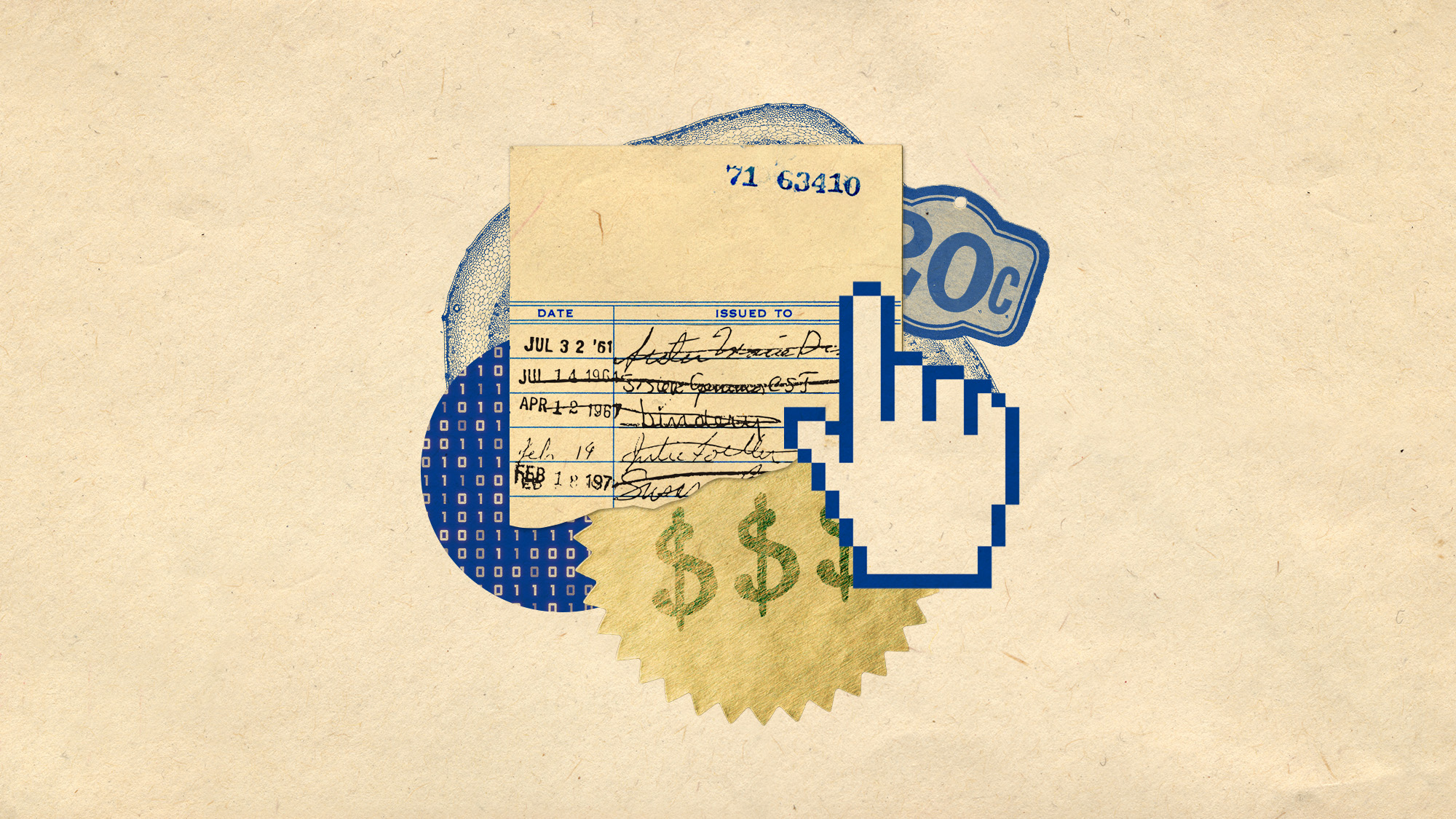The increasing demand for e-books is placing significant financial pressure on libraries across the United States. As e-books become more popular, many libraries are grappling with the high costs associated with acquiring digital copies, which often far exceed the prices of printed books. This situation has prompted some libraries to advocate for legislative changes aimed at alleviating these burdens.
E-books typically carry a much higher price tag for libraries due to restrictive licensing agreements with publishers. According to a report by Axios, publishers often require libraries to renew licenses for each e-book every two years or after 26 loans, which many libraries find prohibitively expensive. This practice limits the availability of popular titles, especially bestsellers, as libraries face steep financial constraints.
Sarah McCusker, head of the Connecticut Library Association, highlighted the financial disparity, stating that while the average hardcover book costs around $15, e-book versions can range from $100 to $120. After two years, libraries must repurchase the e-book at the same inflated price. This cycle places immense strain on library budgets, compelling them to seek alternative solutions.
Publishers maintain that these pricing structures are necessary to protect the rights of authors and ensure they receive fair compensation for their work. The Association of American Publishers argues that libraries’ financial issues should not come at the expense of authors’ livelihoods. A representative from the association, Shelley Husband, emphasized that while libraries face funding challenges, undermining authors’ rights is not the solution.
Legislative Efforts and Challenges
In response to the growing costs of e-books, libraries in several states have begun advocating for legislative measures to address the issue. States such as Massachusetts, Illinois, Hawaii, and New Hampshire have proposed bills aimed at making e-books more affordable and accessible to libraries. Although a similar bill in Virginia was tabled, Maryland has made notable progress in this arena.
In 2021, Maryland passed legislation requiring publishers to offer e-books to libraries on “reasonable terms” if those e-books were available to the public. Unfortunately, this law was later overturned by a judge, returning Maryland to the fray alongside other states in the fight for fair e-book pricing. Connecticut, however, has achieved some success by passing a law that prevents libraries from entering into licensing agreements that limit both the duration of the license and the number of checkouts permitted. Advocates believe this law will encourage publishers to negotiate more favorable terms.
Ellen Paul, executive director of the Connecticut Library Consortium, expressed optimism about the new law, stating it could help reduce long wait times for popular e-book rentals. “Every year, libraries spend more and more of their budget feeding the beast that is e-books to meet their patrons’ demands, and yet we still have wait lists of over six months long to get that book that you want,” she remarked.
Future Implications for Libraries and Authors
As libraries continue to navigate the rising costs associated with e-books, the implications for both institutions and authors remain complex. While libraries strive to meet the needs of their communities, they also face the challenge of balancing these demands with the financial realities of licensing agreements. Advocates for libraries are urging lawmakers to take action, as many librarians feel that the current system is unsustainable.
The ongoing debate raises important questions about the future of e-books in libraries and the potential impact on authors’ earnings. As libraries seek to secure more favorable terms for e-book access, the balance between fair compensation for creators and equitable access for readers will be a focal point moving forward. The outcome of these legislative efforts may ultimately shape the landscape of library services and digital publishing for years to come.




































































